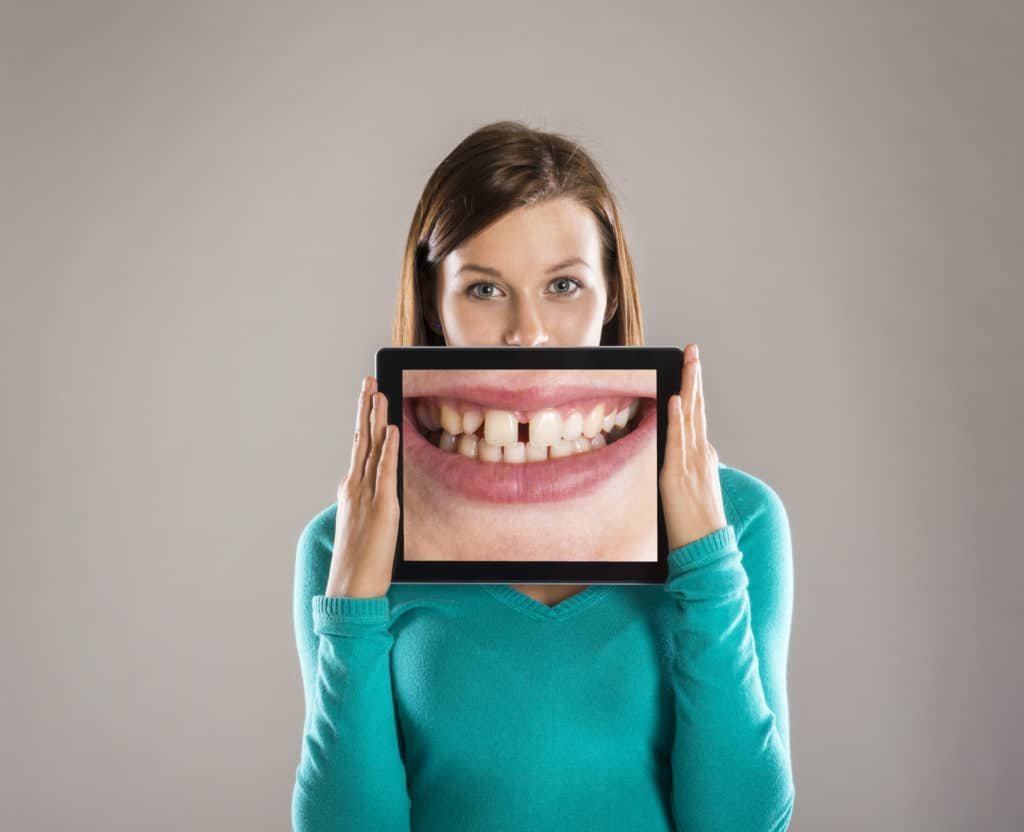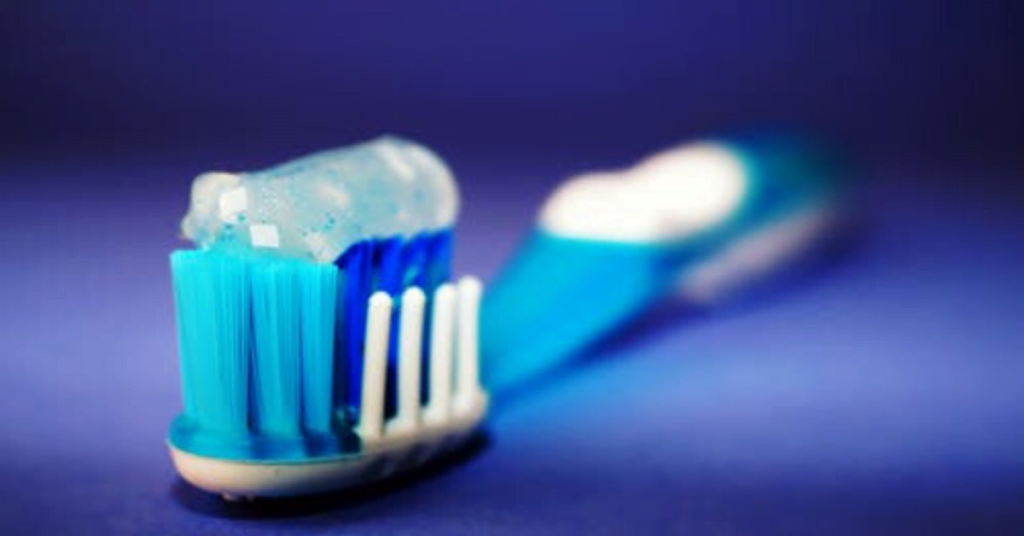Do you wonder if the rumors about teeth whitening are fact or fiction? Uncover the truth behind common myths surrounding this popular cosmetic treatment. Visiting a dental care clinic can provide you with accurate information and effective solutions.
Learn about the ingredients to avoid, the effectiveness of natural remedies versus professional treatments, and the best ways to maintain a bright smile long-term. A dental clinic in Banjara Hills offers various treatments and expert advice to help you achieve your dental goals.
Get ready to separate fact from fiction and make informed decisions about your whitening journey.
Common Myths About Teeth Whitening
You may have heard that all teeth whitening methods cause sensitivity, but in reality, only some individuals experience this issue. The sensitivity is usually mild and temporary, affecting those with already sensitive teeth more often. If you’re concerned about sensitivity, a dental care clinic can offer tailored solutions to minimize discomfort.
Studies have shown that the bleaching agents used in teeth whitening treatments can penetrate the enamel to reach the inner dentin layer, where the nerve endings are located. This penetration can lead to temporary sensitivity in some individuals, but it typically subsides after a short period.
To minimize this sensitivity, using desensitizing toothpaste before and after whitening treatments can be helpful. Additionally, consulting with your dentist for professional advice tailored to your specific needs can further reduce the chances of experiencing sensitivity during teeth whitening procedures. Consider visiting a dental clinic in Banjara Hills for professional guidance.
Ingredients to Avoid for Whitening
When whitening your teeth, it’s important to avoid certain ingredients that can be harmful to your enamel. One common ingredient to steer clear of is chlorine dioxide, which is sometimes used in over-the-counter whitening products but can erode your enamel over time. Dental gum cleaning at a dental care clinic ensures your teeth are healthy before starting any whitening treatment.
Another substance to watch out for is citric acid, often found in whitening mouthwashes or DIY remedies, as it can weaken enamel and make teeth more susceptible to staining.
Additionally, abrasive agents like charcoal or baking soda should be used sparingly, as they can wear down enamel if used excessively. Opt for whitening products that are enamel-safe and consult with your dentist before trying any new whitening treatments to ensure they’re gentle and effective.
Natural Remedies Vs. Professional Treatments
For those seeking whiter teeth, weighing the pros and cons of natural remedies versus professional treatments is crucial. Natural remedies like baking soda, activated charcoal, or coconut oil pulling may show gradual results but lack strong scientific evidence. Teeth gap filling treatment at a dental care clinic can complement whitening efforts for a complete smile makeover.
On the other hand, professional treatments such as in-office whitening or take-home kits prescribed by dentists offer quicker and more predictable outcomes. While natural remedies can be cost-effective and easily accessible, they may not provide the level of whitening desired by individuals with significant discoloration.
Professional treatments, though more expensive, are supervised by dental professionals, ensuring safety and efficacy. Ultimately, the choice between natural remedies and professional treatments depends on your budget, desired level of whitening, and preference for speed of results.
Duration and Frequency of Whitening
To achieve optimal results in teeth whitening, it’s essential to understand the ideal duration and frequency of whitening treatments. Overuse of whitening products can harm your enamel and irritate your gums. Dentists recommend whitening treatments every 6 to 12 months for maintenance after an initial treatment. Regular dental gum cleaning helps maintain the health and appearance of your teeth.
The duration of each session depends on the product used but typically ranges from 30 minutes to an hour. It’s crucial to follow the instructions provided with the whitening product to prevent sensitivity and damage. Professional guidance can help tailor a whitening schedule to your specific needs, ensuring safety and effectiveness.
Long-Term Effects and Maintenance
Maintaining the brightness of your smile requires consistent care and attention to prevent discoloration over time. After teeth whitening, it’s crucial to follow good oral hygiene practices.
Brush your teeth at least twice a day with a whitening toothpaste and floss daily to remove plaque and prevent stains. Regular dental check-ups and professional cleanings are essential to monitor the health of your teeth and maintain their whiteness. Services like teeth gap filling treatment can also enhance your smile.
Steer clear of foods and beverages that can cause teeth staining, like coffee, tea, and red wine. If you smoke, quitting can also help preserve your bright smile. By taking these steps, you can enjoy the long-term effects of teeth whitening and keep your smile radiant.
It’s important to separate fact from fiction when it comes to teeth whitening. Avoid harmful ingredients, consider the benefits of professional treatments versus natural remedies, and follow recommended guidelines for duration and frequency.
Understanding the long-term effects and proper maintenance will help you achieve a brighter, healthier smile. Remember to consult with a dental professional at a dental care clinic or a dental clinic in Banjara Hills for personalized advice and recommendations.



